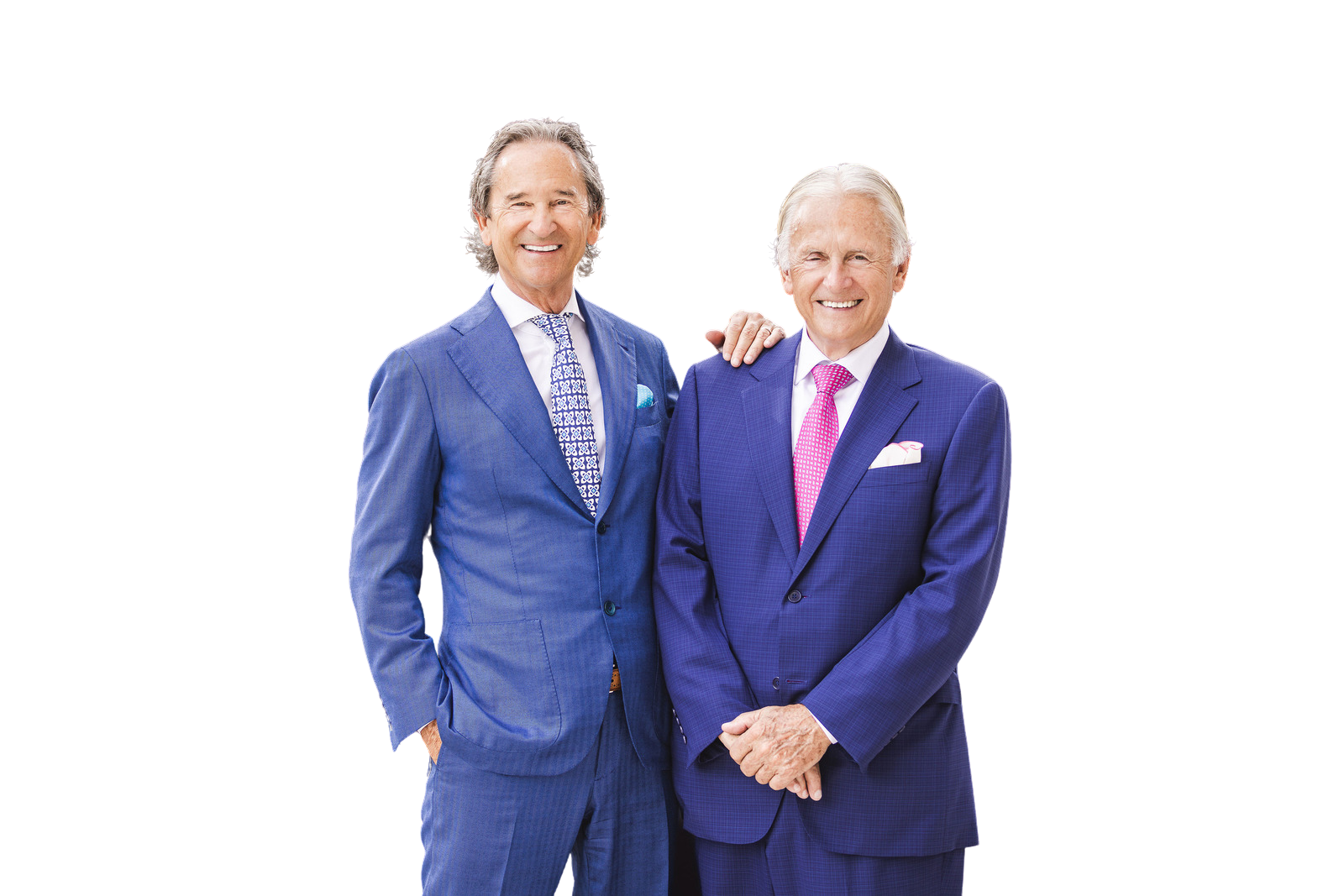NURSING HOME ABUSE AND NEGLECT LAWYERS IN VIRGINIA
Protecting Your Family
A nursing home should be a place of care, support, and acceptance where our elderly loved ones can receive the attention they need. Sadly, some elder care facilities fail to protect their vulnerable residents. In some nursing homes, patients are mistreated and are subjected to abuse and neglect.
Nursing home abuse and neglect cause severe harm to elderly people, often who are already living with debilitating medical conditions. At Huffman & Huffman Brothers-in-Law, P.L.L.C., our Virginia nursing home abuse, and neglect attorneys are committed to helping victims and their families recover the compensation they deserve.
To schedule a free consultation with our legal team, complete our contact form or call (757) 599-6050.
Types of Nursing Home Abuse and Neglect
In elder care facilities, staff are responsible for providing patients with medical care, supervision, food and water, and social interaction. The failure to fulfill these responsibilities or the direct harm of a patient may qualify as nursing home abuse and neglect.
The most common forms of nursing home abuse and neglect include:
- Physical abuse — This may include hitting, pushing, or any form of violence against a nursing home resident.
- Mental and emotional abuse and neglect — Ignoring, criticizing, or yelling at an elderly person can contribute to emotional anguish.
- Sexual abuse — Nursing home patients may be subjected to rape, assault, or harassment by caregivers and staff.
- Medical neglect — A nursing home resident may receive incorrect or insufficient health care.
- Malnutrition and dehydration — Patients who are not being properly fed or provided with enough water may exhibit severe health effects.
Signs of Nursing Home Abuse and Neglect
Nursing home abuse and neglect can manifest as a variety of physical and mental signs. If you have an elderly loved one who is living in a nursing home, be aware of any changes to their wellbeing.
Contact our Virginia nursing home abuse and neglect attorneys immediately if you observe any of the following in a person who is living in an elder care facility:
- Injuries including broken bones, bruises, lacerations, etc.
- Health conditions that are left untreated
- Signs of overdose or drug reactions
- Signs of malnutrition and dehydration such as weight loss, fatigue, rapid heartbeat, etc.
- Out-of-character behavior such as anxiety, depression, stress, avoidance, irritability, etc.
What to Do if You Suspect Nursing Home Abuse and Neglect
If you believe your loved one is facing abuse and neglect in a nursing home facility, contact us immediately. Our legal team can help you ensure your loved one is safe and can help you recover the compensation you deserve. The first thing you should do if you suspect nursing home abuse and neglect is to get the victim the care they need. Move them out of the unsafe nursing home and take them to a doctor if needed. Once they are safe, you can begin collecting evidence of the abuses to build a case. Save any bills or other documentation you have related to the victim’s stay at the nursing home, take photographs of any injuries, and photograph the conditions at the nursing home if you are able to do so. Our attorneys can advise you on the best course of action to take upon learning of nursing home abuse and neglect.
Contact Us 24/7 for a Free Consultation
The Huffman & Huffman Brothers-in-Law, P.L.L.C. legal team can assist you if you or a loved one has been a victim of nursing home abuse and neglect. We are prepared to provide you with support and legal guidance during this difficult time.
If you are interested in speaking with our legal team, send us a message or call
(757) 599-6050 for a free consultation with our Virginia nursing home abuse and neglect lawyers.
Nursing Home Abuse FAQ
- How can acts of abuse or neglect by a nursing home be addressed in legal proceedings?
Nursing home abuse should be met with claims and lawsuits. Not only does a claim help give financial stability to a family that has been wracked with the many consequences of abuse, but it can also help protect others from suffering the same abuse in the future. Many nursing homes are owned and operated by huge corporations. Oftentimes, corporations won’t learn a lesson and improve their ways without being hit in the wallet first. - What are some examples of nursing home abuse?
Some of the most common forms of nursing home abuse are shouting at and belittling residents, as well as pushing them around. Some of the most common forms of nursing home neglect are forgetting to give medicine to a resident, failing to move a bedridden resident often enough to prevent bedsores, and providing a resident with inadequate food and water throughout the day. - Who carries out nursing home abuse?
It is commonly believed that nursing home abuse is carried out primarily by nurses and orderlies who work at a nursing home. This is mostly true, but they are not the only people who hurt elderly residents through neglect or abuse. Some cases of nursing home abuse are caused by other residents who intentionally harm or bully others in the nursing home. Ultimately, though, the nursing home is responsible for preventing resident-on-resident abuse, so the resulting claim would still be filed against the nursing home, not that individual resident in most cases. - Who is entitled to damages in a nursing home abuse lawsuit?
A nursing home abuse claim can seek various damages. For example, most will demand compensation to pay for past and future medical care, costs associated with moving the victim to a new nursing home facility, and costs associated with pain, suffering, and traumatization. Normally, the damages recovered through a nursing home abuse claim will be paid to the elder who is being abused. But if the elder is not cognizant enough to represent themselves in a legal matter – such as due to age or illness – then any awards or settlements can go to their estate instead. - Are nursing homes reviewed by the government for safety?
The U.S. Centers for Medicare & Medicaid Services (CMS) is a Department of Health and Human Services (DHS) agency that is tasked with overseeing Medicare and Medicaid. But it is also tasked with reviewing and rating nursing homes across the country. However, CMS is notoriously underfunded, and its staff is too small for its duties. The result is that nursing homes are often given cursory examinations just once a year that are too brief to uncover any issues. If you see that the CMS has rated a nursing home five stars, then you should still do further research to see what past residents have said, because the CMS rating might be ineffective.





